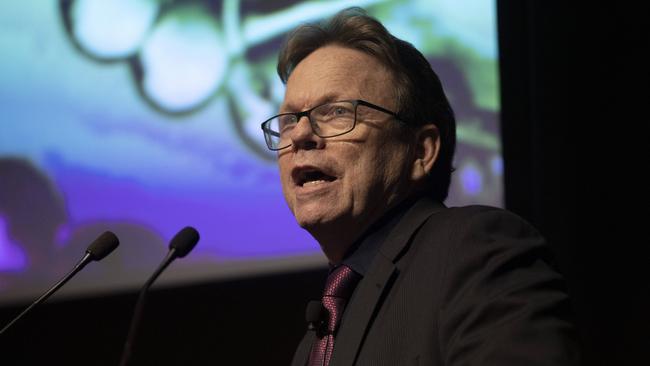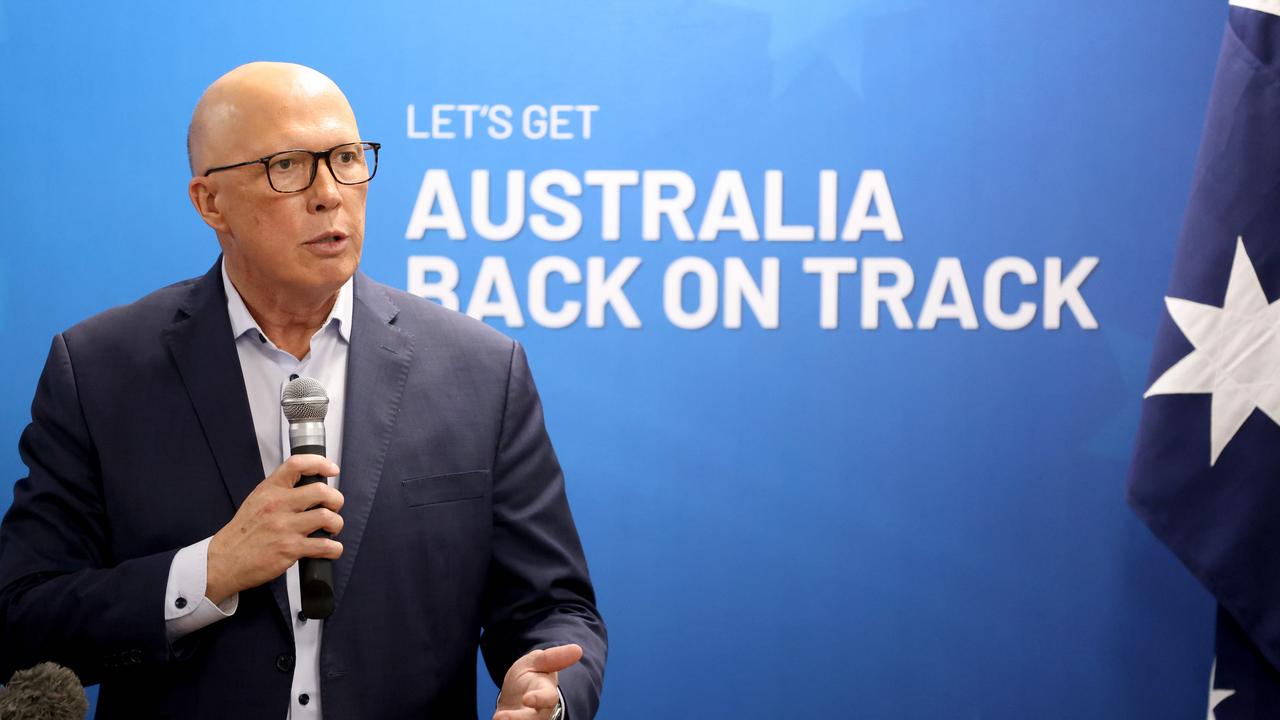Next generation to pay the price for productivity fail
An adviser to the Fair Work Commission has warned the Albanese government’s industrial relations reforms would do little to improve the nation’s ‘abysmal’ productivity performance.

An adviser to the Fair Work Commission says the next generation of Australians may not be better off than their parents because of “abysmally low” productivity, and the Albanese government’s industrial relations reforms threaten unforeseen consequences with little obvious pay-off for the vast bulk of workers.
University of Melbourne professor Mark Wooden – an expert panel member at the FWC – said there were no answers in Canberra to improve productivity.
With little obvious appetite for meaningful reform in areas such as taxation, and with workplace changes promising a less flexible workplace, Professor Wooden said coming generations may no longer be better off than the ones that preceded them. “Australians are probably going to have to face the future without the benefits of rising productivity, which means real living standards are not going to pick up,” he said.
The comments come days after Reserve Bank governor Michele Bullock renewed a warning that a failure to respark national productivity implied higher interest rates, as the economy would be unable to sustain the pay growth demanded by Australians without additional inflationary pressures.
Professor Wooden said “the governor is right … The bottom line is that Australians expect real wage increases. One of the reasons for weak wages growth (over the recent decade) is productivity has been abysmally low,” he said.
Amid opposition to the reforms from business groups, the head of Uber Eats’ Australian operations, Bec Nyst, told an Australian Financial Review conference in Sydney that it was important that added protections for gig economy workers in the new reforms did not reduce flexibility.
Ms Nyst said the company supported the idea of drivers’ minimum earning for engaged time. “This is so drivers and delivery people can have the peace of mind of knowing whichever platform that they’re earning they’ll be earning above that safety net.
“But we don’t think it makes sense for penalty rates to be included,” she said. “In a gig economy setting, you can work whenever you want, and you cannot work whenever you want. And so that concept is less relevant.”
Julie Fallon, the head of human resources at Woodside, at the same summit took a swipe at Labor’s suite of industrial relations reforms, saying they threatened to hit productivity.
While it was too early to know the full impact on business, the “same job, same pay” provisions were of particular concern, Ms Fallon said, and Woodside would have to be “really careful upfront in scoping our work” under the new provisions. “We have to be prepared to work with our contractors and if it gets challenged, we can support them. That’s a lot of bureaucracy that’s not actually going to add anything to our productivity,” she said.
The IR reforms come as the nation exits an extraordinary period of low unemployment characterised by labour shortages and soaring job vacancies.
Labour force figures on Thursday are expected to show unemployment edged up to 4 per cent in January after a 65,100 drop in employment the month before.
NAB chief economist Alan Oster said he anticipated that the jobless rate would climb to 4.5 per cent by the close of 2024, as employment growth slowed.
He said it was “very difficult” to know how the workplace changes implemented and proposed under the Albanese government would actually flow through to the economy.
The second Closing Loopholes Bill, which is expected to pass with the support of the Greens this week, will give casual workers with ongoing, regular hours the right to ask to become permanent after six months, rather than nine.
The bill also includes a “right to disconnect” to protect workers’ ability to ignore unreasonable after-hours requests from bosses, and provisions to guarantee gig workers minimum conditions.
Some experts have also raised concerns about Greens amendments to the bill that mean arbitration of bargaining deadlocks by the Fair Work Commission cannot reduce workers’ existing conditions on a clause by clause basis.



To join the conversation, please log in. Don't have an account? Register
Join the conversation, you are commenting as Logout